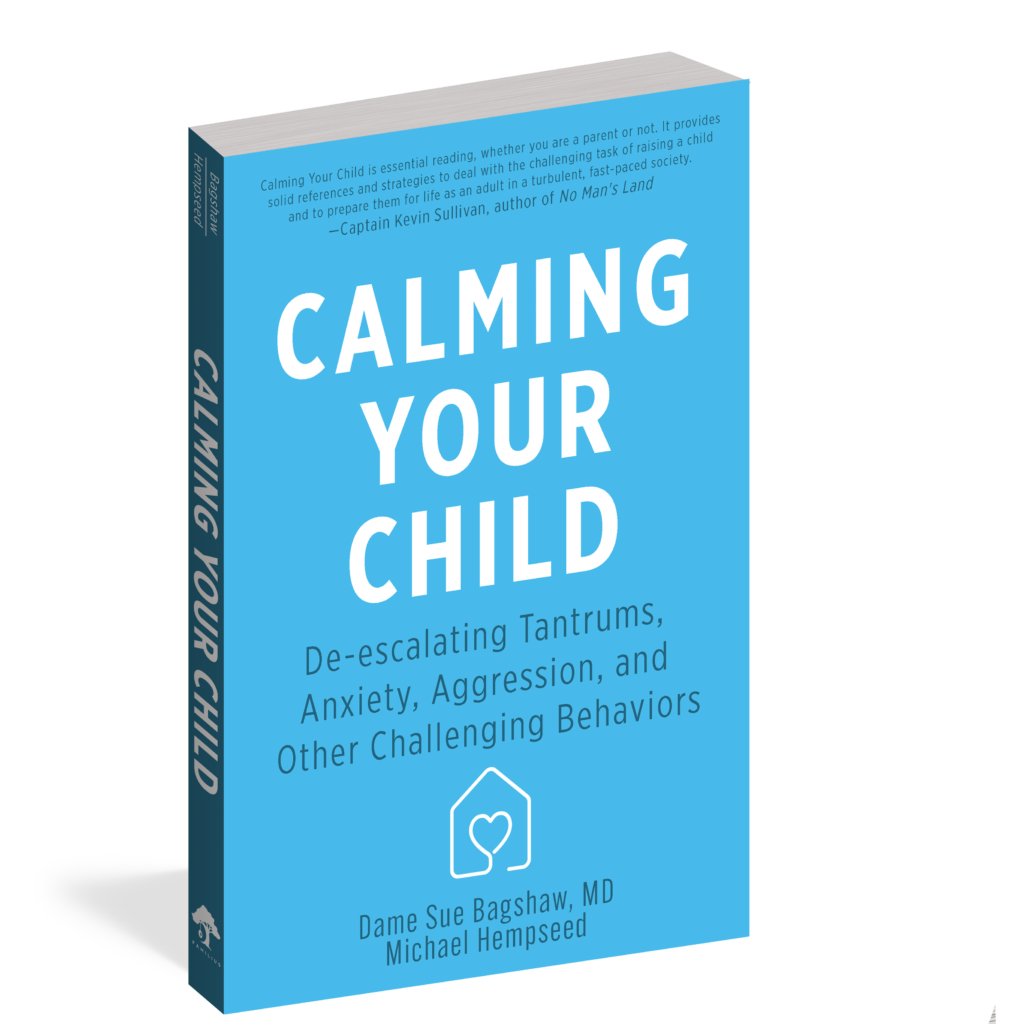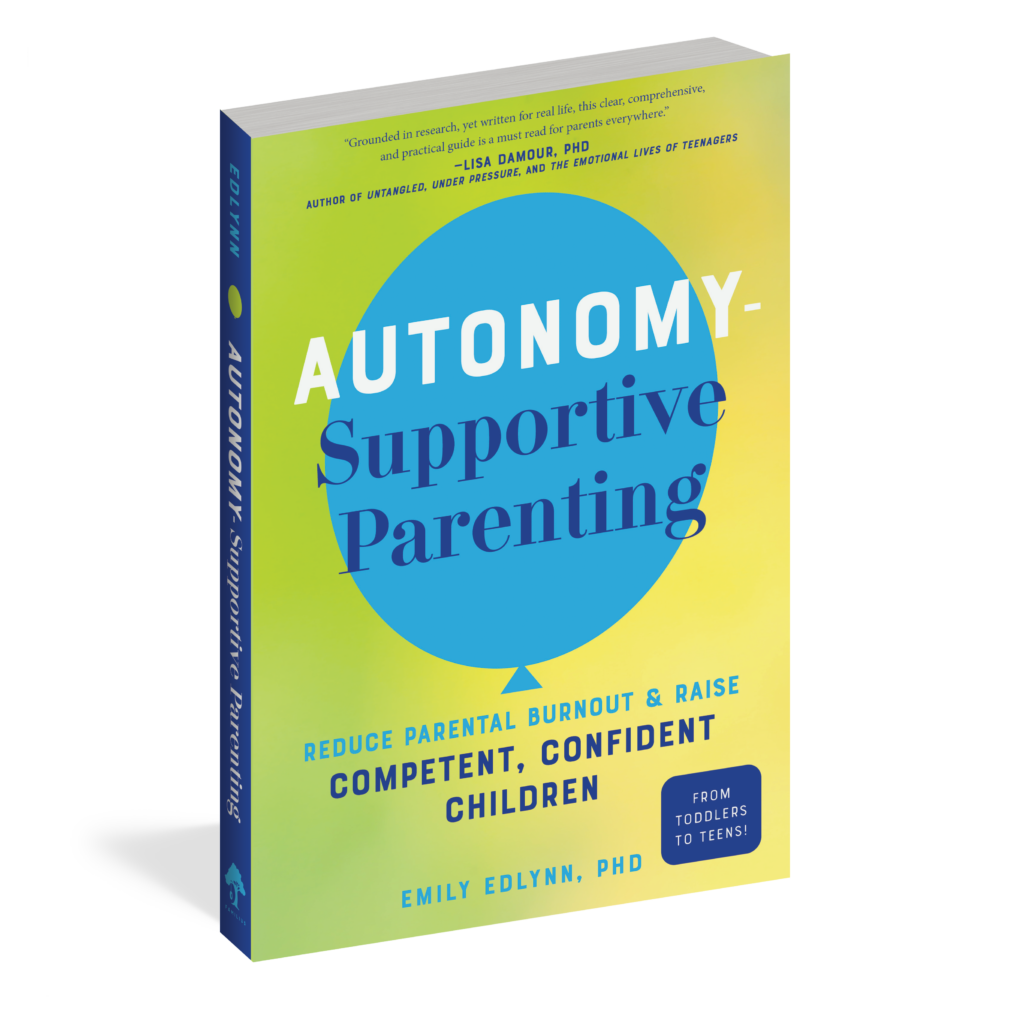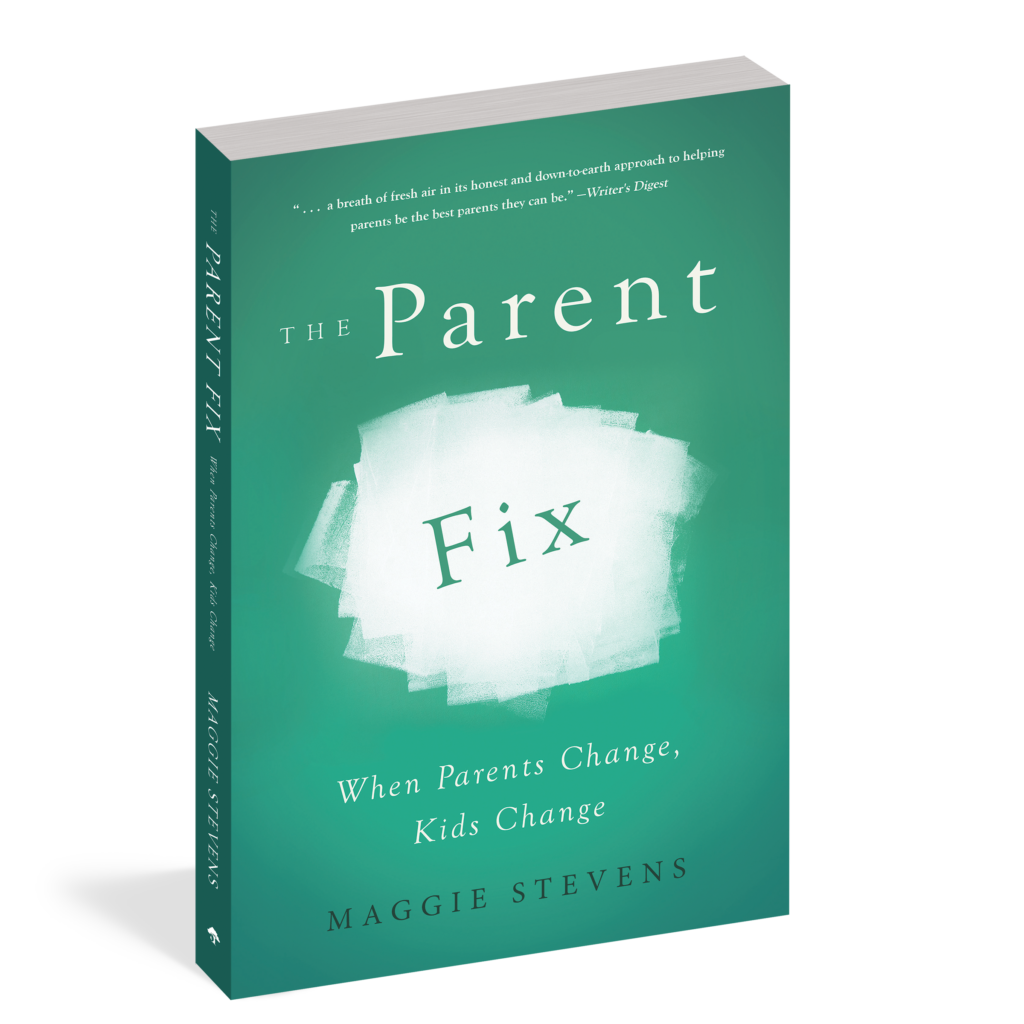
3 Negative Thoughts Parents Can Reframe Positively
Negative thoughts are natural but not useful. Give your family environment a new outlook by reframing these three negative thoughts.
Parenting is a journey filled with ups and downs, and it’s natural for thoughts to occasionally drift into negative territory. But what if we could reframe these negative thoughts into positive perspectives that not only benefit our children but also empower us as parents?
As identified by Youth Dynamics of Montana, here are three common negative thoughts many parents experience, and how we can reframe them positively:
1. My Child Is Attention Seeking → My Child Is Connection Seeking
It’s easy to label a child as “attention seeking” when they constantly crave interaction or validation. However, reframing this thought can transform our understanding of their behavior. Children have an innate need for connection and belonging. When they seek our attention, it’s often a sign that they desire closeness and reassurance. By viewing their actions through the lens of seeking connection, we can respond with empathy and nurture stronger bonds with our children. Whether it’s through quality time together, active listening, or engaging in meaningful conversations, we can satisfy their need for connection in positive ways that deepen our relationship.
2. My Child Is Manipulating Me → My Child Is Trying to Understand Limits
Many parents feel frustrated or powerless when facing defiance or manipulation from their children. However, these behaviors often stem from a developmental stage where children are testing boundaries and exploring their autonomy. Reframing this thought allows us to see their actions as a natural part of their growth process. Rather than viewing it as manipulation, we can approach it as an opportunity to teach and guide them. By setting clear and consistent boundaries, we provide them with the structure they need to understand limits and develop self-control. Through positive reinforcement and constructive communication, we can empower our children to navigate challenges and make responsible choices.
3. I’m the Worst Parent Ever → I Made a Mistake and I Can Learn from This
Parenting comes with its fair share of challenges, and it’s inevitable that we’ll make mistakes along the way. However, harboring negative thoughts about our parenting abilities only undermines our confidence and effectiveness. Instead, we should embrace the idea that making mistakes is a natural part of learning and growing as parents. By reframing self-criticism into self-reflection, we can identify areas for improvement and take proactive steps to address them. Whether it’s seeking support from other parents, reading parenting resources, or practicing self-care to recharge, we can turn setbacks into opportunities for personal and familial growth. Remember, being a parent is a journey of constant learning and adaptation, and every challenge we overcome makes us stronger and more resilient.
Reframing All of Your Negative Thoughts
A nurturing environment needs constant understanding and vigilance. But in the day-to-day, it’s easy to miss a stray negative thought as it slides by. And a missed negative thought, without positive reframing, will only lead to more frustration and self-doubt, which aren’t constructive emotions. So it’s important to be aware of your thoughts, to consciously assess whether you’re approaching a situation from the best perspective. Will your thoughts help your kids? Will they help you become a better parent?
To make sure that you’re focusing your energy on thoughts that are useful and encouraging, take time at the end of the day to write down all of your negative thoughts. And then for each one, reframe the negatives into positives and consider how you can use this new mindset to strengthen your family.
By shifting our mindset from criticism to understanding, we can better help our family grow and become the best version of themselves in an environment built on love.
Discover the Meaning Behind Your Child’s Behavior

Calming Your Child

Autonomy-Supportive Parenting

The Parent Fix
Shaelyn Topolovec earned a BA in editing and publishing from BYU, worked on several online publications, and joined the Familius family. Shae is currently an editor and copywriter who lives in California’s Central Valley.
